
Kagame to South Sudan: Pay up to continue being members of EAC
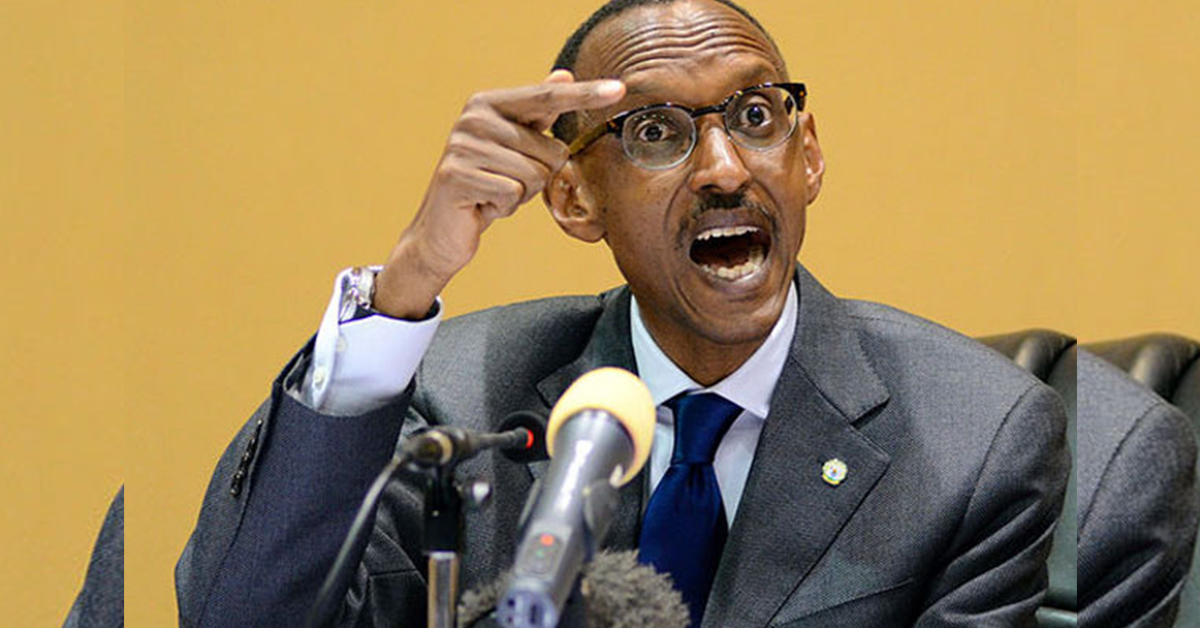
“I remember one time when the region came together and we all chipped in for Burundi, because at some point they were in a difficult situation and could not pay. You can do it once or so, but you cannot have a situation where some countries permanently carry the burden of others,” he noted with concern.
East African Community Chair, President Paul Kagame has called upon South Sudan to pay-up their annual members’ contributions to the community.
Together with Burundi, South Sudan has fallen short of its contribution making business in the community coming to a standstill due to lack of funds. In the process, the East African Legislative Assembly has not tabled a budget even after the end of 2019/2020 financial year a month ago. The lack of funds has also seen EAC employees going months without pay.
Kagame raised these sentiments in an interview with The East African where he further elaborated how at some point they had to come to the rescue of Burundi who were facing financial difficulties thus unable to pay.
“I remember one time when the region came together and we all chipped in for Burundi, because at some point they were in a difficult situation and could not pay. You can do it once or so, but you cannot have a situation where some countries permanently carry the burden of others,” he noted with concern.
The President went on to talk on how cooperation can help eliminate the COVID-19 pandemic which has plagued the world crippling most economies and companies leading to countless lay-offs.
“There is a need for better coordination and together build country infrastructure generally, and specifically the public health infrastructure. It is not going to be uniform as some will benefit from these processes of learning more than others,” he explained.
This has been ensured through virtual meetings with ministers and the permanent secretaries and other officials having discussions of what needs to be done which has led to improvement on how to handle the pandemic.
Even with this assurance, there has been animosity between Kenya and Tanzania after Kenya failed to include Tanzania in the list of countries whose passengers are allowed into the country. This prompted Tanzania to ban Kenya Airways in what it termed as “on a reciprocal basis.”
“The Tanzanian government has decided to nullify its approval for Kenya Airways (KQ) flights between Nairobi and Dar/Kilimanjaro/Zanzibar effective August 1, 2020 until further notice,” said Tanzania Civil Aviation Authority Director General, Hamza Johari.
The animosity has been in existence since the outbreak of the virus notably after Kenya blocked Tanzanian truck drivers from entering the country. The situation was later resolved in a six-hour meeting at the Namanga border between delegations from the two countries.
Kagame was speaking as Rwanda opened on Saturday its airspace a few days after Kenya operationalized flying in and outside the country. They named China, South Korea, Japan, Canada, Zimbabwe, Ethiopia, Switzerland, Rwanda, Uganda, Namibia and Morocco among countries whose flights are allowed in the country. Unlike Rwanda, Kenya will not quarantine or re-test passengers unless they are symptomatic, and will rely mainly on temperature checks to determine high-risk travelers.
The cover photo was extracted from the Daily Monitor newspaper. See original photo here


















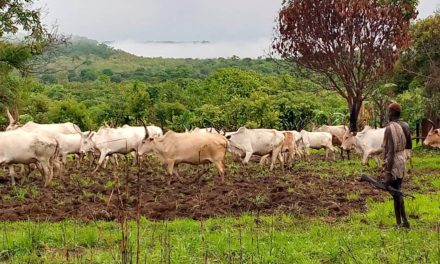
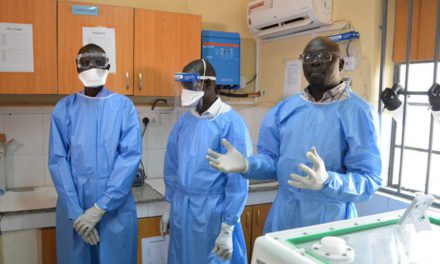
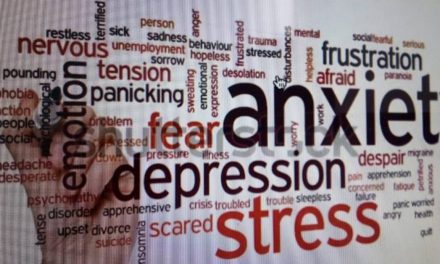
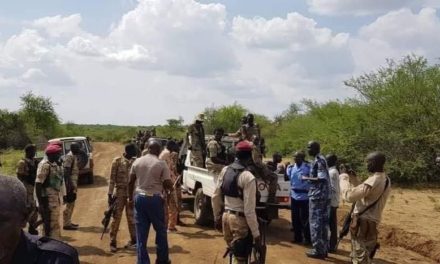
Recent Comments